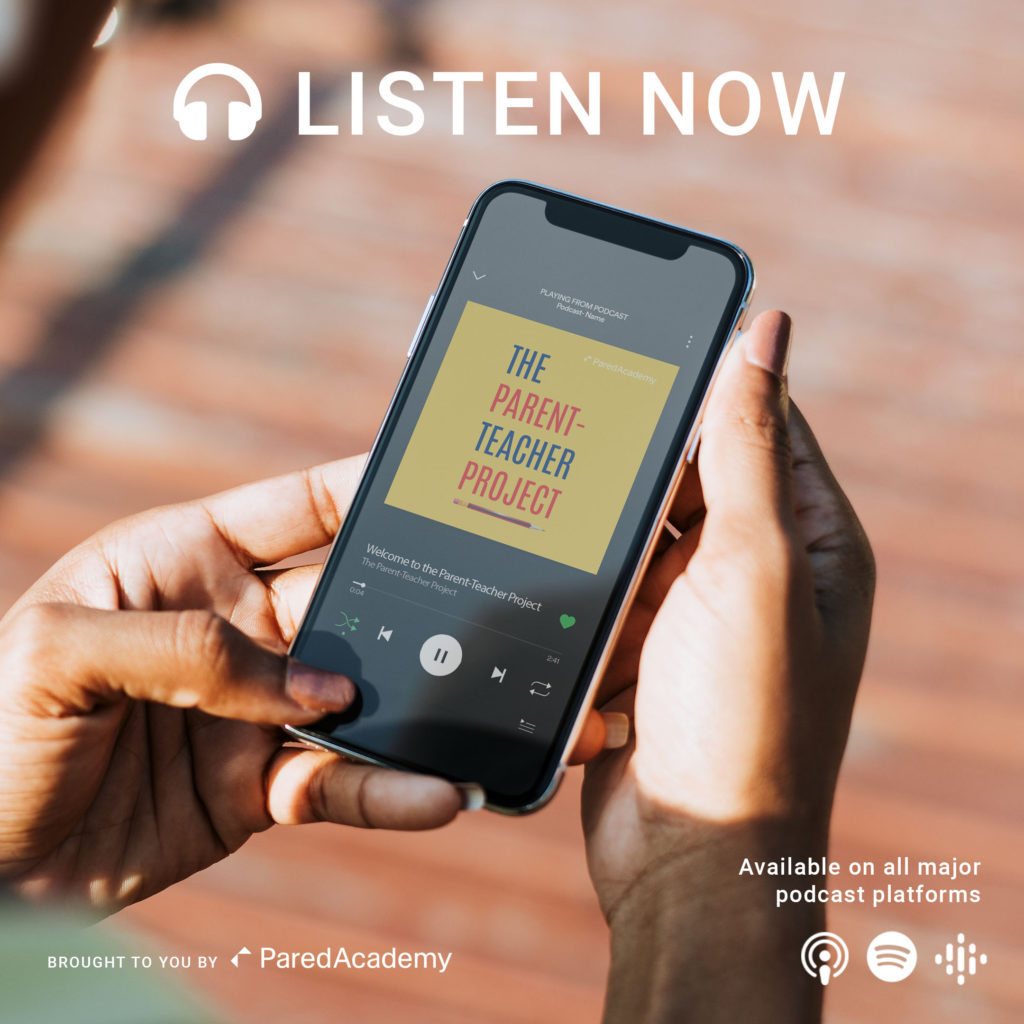No one is a perfect listener, so it’s just as vital for us parents to consistently improve our listening skills as it is for our children. We tend to think that asking our child about their day is sufficient, but the most important thing to be conscious of is ‘Am I mentally present in every conversation?’
The 4 types of listeners
Listening is as much a form of communication as speaking is. It’s important to identify which category you and your children fall under. The four types of listeners are:
- Dramatic
- Interrupting
- Lost
- Shrewd
By understanding the negative tendencies that come with each type of listener, we can deduce which strategies will be most effective to improve. This goes for us, but also for how we instruct our children, too. To find out what kind of listener you are, take this quiz – https://www.oscartrimboli.com/listeningquiz/
Each child responds to methods of listening differently. Here are some general tips to address your children:
- With young children, it’s important to make instructions as simple as possible and to speak to them at eye level (even on Face time!).
- Teenage daughters appreciate consistent eye contact, as it shows that you are engaged,
- Teenage boys prefer limited eye contact, so try some conversations while walking or driving.
The science behind listening
The average human can speak 125 words per minute, listen to 400 words per minute, and think 900 words per minute.
This tells us that we are neurologically programmed to be distracted, as we can listen 4 times faster than we speak. It also means that the first thing we say in a conversation is not normally the first thing initially intended, as we can think around seven times as fast as we can speak!
The 5 levels of listening
There are five levels of good listening. These include:
- Listening to yourself
- Listening to what they say, what you see and what you sense emotionally from them
- Listening for context (patterns in their language)
- Listening to what’s unsaid
- Listening to what they mean
Research shows that most people are stuck between levels 1 and 2, so we have a lot to improve on. To address this, listen to Oscar Trimboli’s episode on The Parent Teacher Project below! Parents and teachers model attentive listening to children at home and in the classroom daily. Our example is the best way to help our children become the best listeners they can be.
This article was inspired by episode #58 of The Parent-Teacher Project entitled How to Listen to Your Child with Oscar Trimboli and Nathan Frazer.
Listen to the entire episode below.
Don’t forget to leave us a review on Apple Podcasts!
Latest Stories from Pared Academy
Helping Children Navigate Emotions Starts With Us
In today’s fast-paced and highly connected world, our children are experiencing more emotions—and more intensely—than ever before. Whether it’s frustration over a lost toy, anxiety about school, or the social pressures of growing up, kids often feel these emotions deeply but struggle to express them in a healthy way.
130 Fathers Gather for a Powerful Day of Reflection at Growing Hearts for Fathers Event
Last Sunday, 130 fathers came together for a day of reflection, renewal, and connection at the Growing Hearts for Fathers event. Held at Redfield College, this unique gathering provided dads with a much-needed opportunity to step away from daily pressures and focus on the heart of their fatherhood journey.
Shaping Character in the Classroom: How Educators Inspire Students to Grow
In today’s fast-paced world, education is not just about academics; it’s about shaping the character of the next generation. Teachers play a crucial role in fostering virtues such as honesty, resilience, and respect. Katrina Alvir, an experienced teacher and expert in character education, shares valuable insights on how educators can integrate these essential qualities into daily teaching practices.









